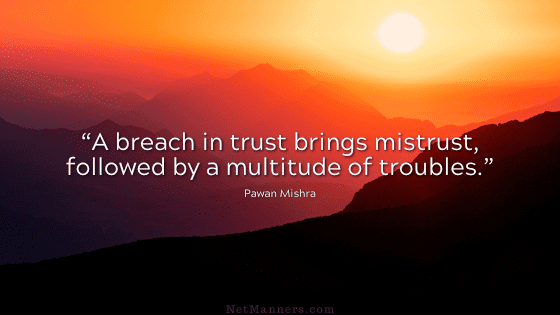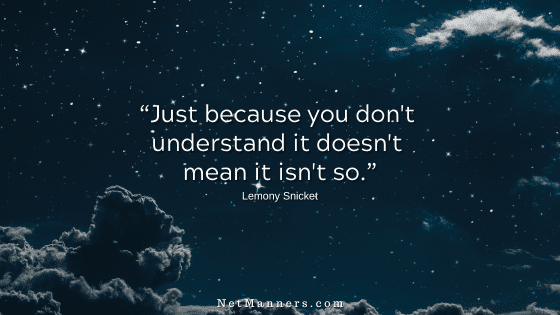Email Etiquette Includes Reading

<RANT>
Every single day, I communicate with those who don’t take the time to read. I use email all day, every day. But reading my emails or what I provide on my websites is not a thing.
Information is literally at their fingertips and just a click or two away. So, why don’t they read?
For example, let’s talk about the Email Etiquette Quiz I offered for years on this site. I was clear about how it worked. I took the time to detail what quiz takers should consider before taking the quiz.
I didn’t make it easy. If you want a perfect score, you have to earn it.
They were required to read this site and make a modicum of effort to be informed on the basics of Email Etiquette, including instructions that, if you think about it, are actually part of the test. You can’t be good at Email Etiquette without being into details and instructions.
And you don’t get unlimited tries to get a perfect score eventually. You only get two attempts. I’m clear about that as well.
What happens? I’m stunned at how many quiz takers didn’t read that page. They don’t review the site material for the best chance to do well. As a result, many did not get a perfect score in two attempts. Many kept trying for 5, 6, 10 tries — and still requested a certificate.
These requests from folks who failed required me to take my time verifying whether they met the quiz criteria before creating their certificate. Eventually, it was no longer worth it.
Then, add the cheaters — I could no longer ensure a reliable result, and that’s when I had to shut it down. What a shame. I enjoyed hosting the quiz and sending the certificates.
The Lure of a Congratulatory Certificate
I thought offering a customized certificate to those with a perfect score that they could print and display with pride would motivate them to study. Step-by-step instructions on what is required. It isn’t rocket science, folks.
Boy, was I wrong…
My inbox is filled with requests for certificates from those who flunked. In addition, I get as many emails from those who don’t take a screenshot of their score for their teacher asking me to provide their score. Too bad; retake the quiz. I’m not acquiescing to those who cannot follow simple instructions.
I don’t cater to those who don’t read. Why? Because that’s not how you learn. And guess what? I never received a single “thank you” from a certificate recipient.
Take the Time to Read
Read — whether it is an email or a website. To those who email me, it is pretty clear that not reading available materials is an epidemic. Yet, all too often, I am expected to compensate for that.
Just this week, after interrogating their websites for the information I sought, I had to contact several service providers. They didn’t read my inquiry. Instead, they replied with general templates (probably AI) instead of my specifics because they didn’t read my email to respond point-by-point.
Whether you are an individual, a customer service agent, or just contacting a website for guidance, you must read the resources offered. Reading is how you learn and can be a more informed communicator.
The other side’s not responsible for spoon-feeding what you don’t want to read. Nor should a business of any size expect customers to have to send follow-up emails because the business’ response was not precise.
Read and Succeed
Success goes to those who are into the details, who read instructions and follow them to a “T, ” and who don’t expect anyone else to compensate for their laziness.
How badly do you want to succeed? Your efforts will let others know exactly how much.






